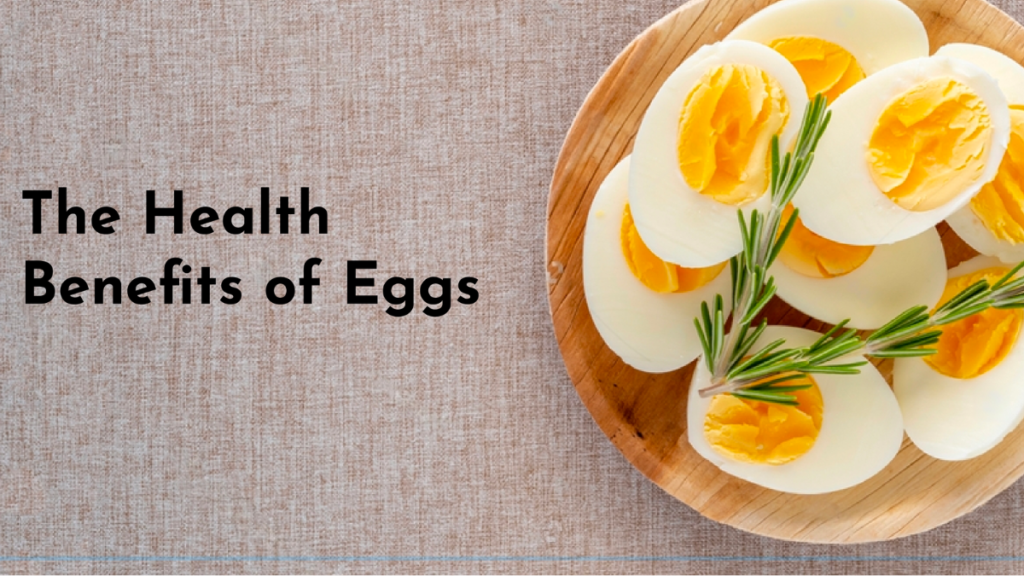Introduction::
Eggs have long been a breakfast staple and a dietary powerhouse. Packed with essential nutrients, they are versatile and convenient. However, the debate on whether egg whites or yolks are healthier continues to be a topic of discussion among nutritionists and health enthusiasts. Let’s delve into the nutritional profile of both components to determine their health benefits and whether one is superior to the other.
Nutritional Breakdown:

Egg White:
- Calories: Low in calories (about 17 per egg white).
- Protein: High in protein (3.6 grams per egg white), which is complete and contains all nine essential amino acids.
- Fat: Virtually no fat (0.06 grams per egg white).
- Cholesterol: Cholesterol-free.
- Vitamins and Minerals: Contains small amounts of potassium, riboflavin, and magnesium.
Egg Yolk:
- Calories: Higher in calories (about 55 per egg yolk).
- Protein: Contains protein (2.7 grams per yolk).
- Fat: Higher fat content (4.5 grams per yolk), including healthy fats.
- Cholesterol: High in cholesterol (about 185 mg per yolk).
- Vitamins and Minerals: Rich in vitamins A, D, E, and K, as well as B vitamins, calcium, iron, phosphorus, zinc, and selenium.
- Antioxidants: Contains antioxidants like lutein and zeaxanthin, beneficial for eye health.
- Choline: High in choline, essential for brain health and cellular function.
Health Benefits:

Egg Whites:
- Weight Management: Due to their low calorie and high protein content, egg whites can aid in weight loss and muscle maintenance.
- Heart Health: Cholesterol-free and low in fat, making them heart-friendly and suitable for those managing cholesterol levels.
- Allergen-Friendly: Less likely to cause allergic reactions compared to the yolk.
Egg Yolks:
- Nutrient Density: Packed with essential vitamins and minerals, contributing significantly to overall nutrient intake.
- Brain Health: High choline content supports brain function and development.
- Eye Health: Antioxidants like lutein and zeaxanthin protect against macular degeneration and cataracts.
- Healthy Fats: Contains beneficial fats that help in the absorption of fat-soluble vitamins.
Common Misconceptions:

One of the most common misconceptions is that egg yolks should be avoided due to their high cholesterol content. However, recent research indicates that dietary cholesterol has a relatively small effect on blood cholesterol levels for most people. Instead, saturated and trans fats in the diet are more influential in raising blood cholesterol.
Balanced Approach:

For most people, consuming the whole egg can be part of a healthy diet. The combination of egg white and yolk provides a balance of high-quality protein and essential nutrients. Here are some tips to enjoy eggs healthily:
- Moderation: For those concerned about cholesterol, moderation is key. Including whole eggs a few times a week is generally considered safe for most individuals.
- Preparation Method: How you cook your eggs matters. Opt for boiled, poached, or scrambled eggs with minimal added fats. Avoid frying in excessive butter or oil.
- Pair with Vegetables: Enhance the nutritional value of your meal by pairing eggs with a variety of vegetables.
Conclusion:
Both egg whites and yolks have unique health benefits and can fit into a balanced diet. Egg whites are an excellent source of protein with minimal calories, making them ideal for those focusing on weight management and heart health. On the other hand, egg yolks offer a wealth of vitamins, minerals, and healthy fats essential for overall well-being. Rather than choosing one over the other, enjoy the best of both worlds by incorporating whole eggs into your diet in moderation.











